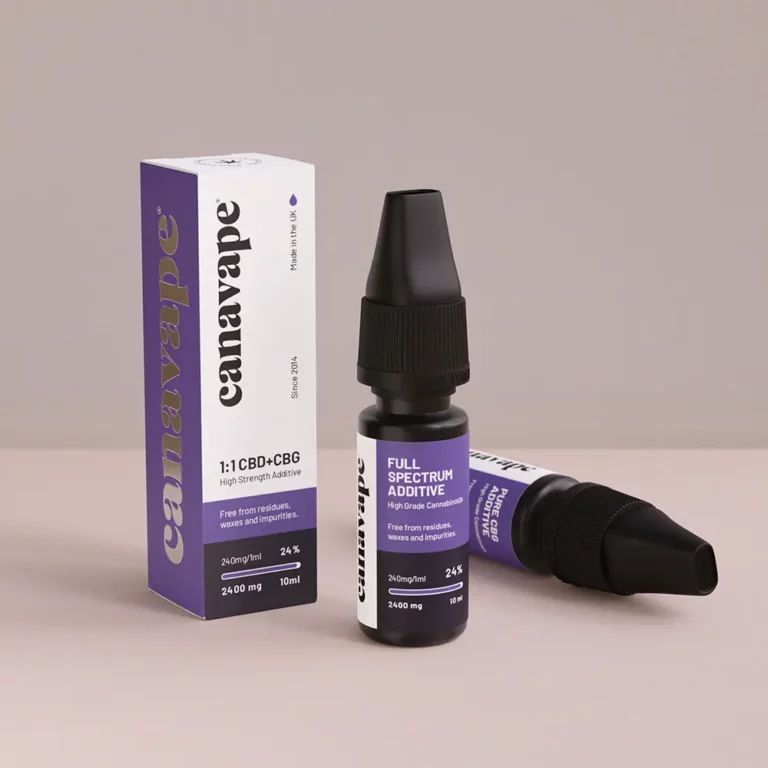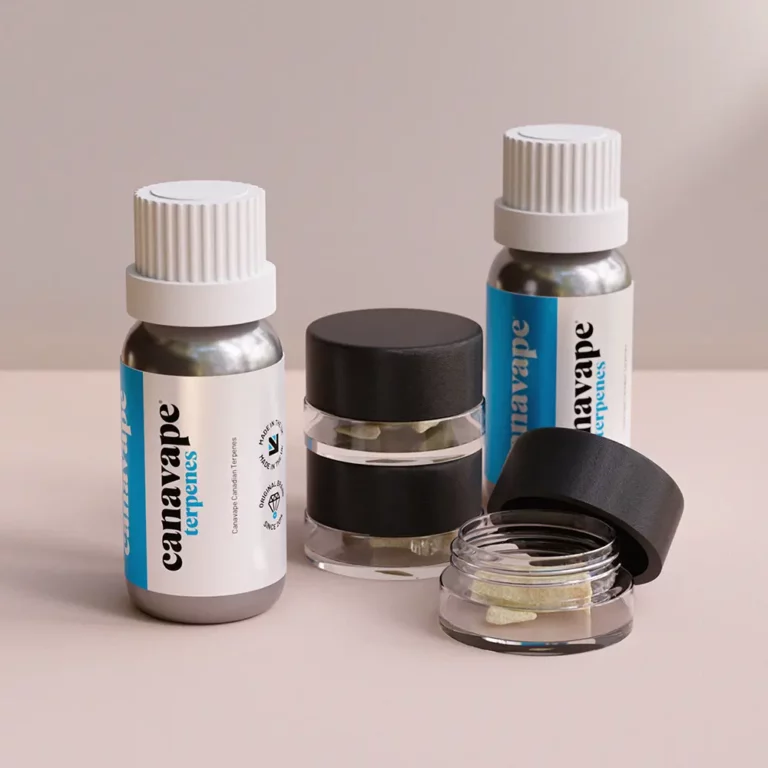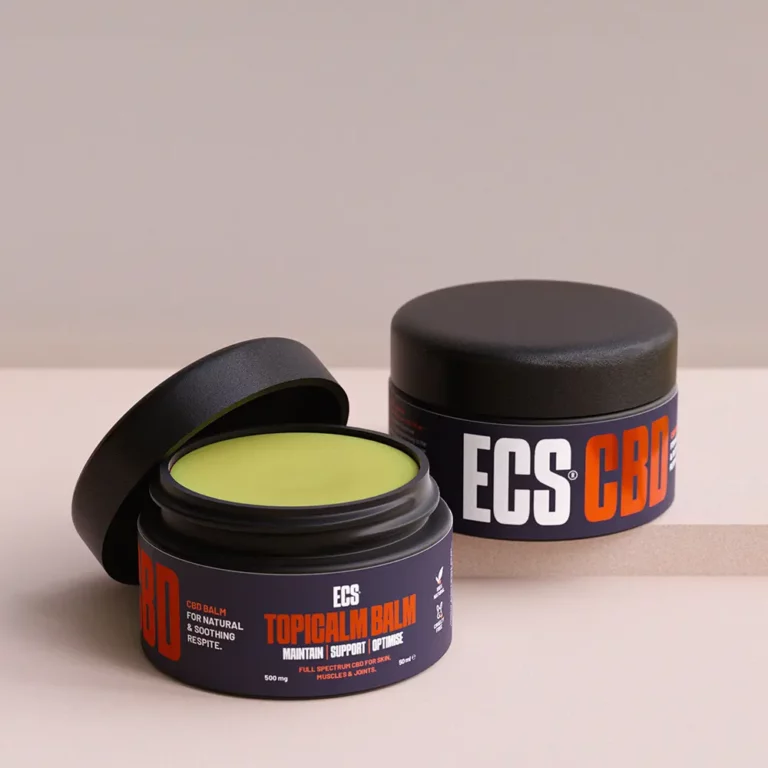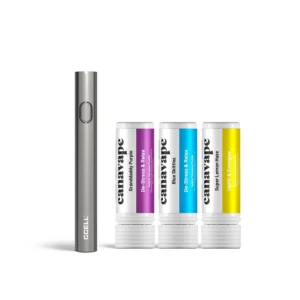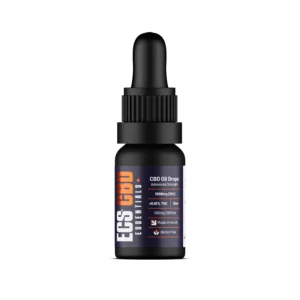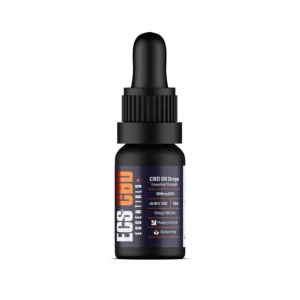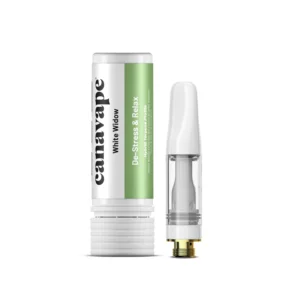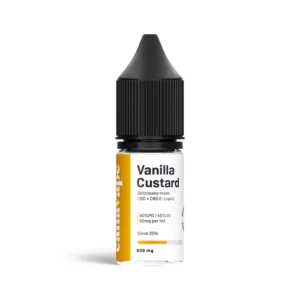CBD has gained popularity in recent years for its potential therapeutic benefits, leading many individuals to wonder if it can help manage conditions such as ADHD. Attention Deficit Hyperactivity Disorder (ADHD) is a neurodevelopmental disorder that affects individuals’ ability to focus, control impulses, and regulate their behavior. It is commonly diagnosed in childhood but can persist into adulthood, impacting various aspects of daily life.
Research on the use of CBD for ADHD is still in its early stages, and more studies are needed to fully understand its effects. However, some initial findings suggest that CBD may have potential in managing certain symptoms of ADHD. CBD, or cannabidiol, is a non-psychoactive compound derived from the cannabis plant. It is believed to interact with the endocannabinoid system in the body, which plays a crucial role in regulating various physiological processes.
One way in which CBD may help individuals with ADHD is by promoting relaxation and reducing anxiety. Many people with ADHD experience heightened levels of stress and anxiety, which can exacerbate their symptoms. CBD has been shown to have calming effects on the nervous system, potentially helping individuals feel more relaxed and focused. By reducing anxiety levels, CBD may indirectly improve attention and concentration in individuals with ADHD.
Furthermore, some studies suggest that CBD may have neuroprotective properties, which could be beneficial for individuals with ADHD. ADHD is associated with differences in brain structure and function, particularly in areas related to attention and impulse control. CBD’s potential neuroprotective effects may help support brain health and function, potentially mitigating some of the cognitive challenges associated with ADHD.
It is important to note that the effects of CBD can vary from person to person, and individual responses may differ. Factors such as dosage, method of administration, and the quality of the CBD product can all influence its efficacy. Consulting with a healthcare provider is crucial before incorporating CBD into a treatment plan for ADHD. Healthcare professionals can provide personalized guidance based on an individual’s specific needs and medical history.
In the UK, the use of CBD products is legal as long as they contain less than 0.2% THC, the psychoactive compound found in cannabis. This has made CBD more accessible to individuals seeking alternative treatment options for various health conditions, including ADHD. However, it is essential to choose high-quality CBD products from reputable sources to ensure safety and efficacy.
In conclusion, while research on the use of CBD for ADHD is still ongoing, there is growing interest in its potential benefits for managing certain symptoms of the disorder. CBD’s calming effects and potential neuroprotective properties make it a promising candidate for individuals looking to complement their existing ADHD treatment plan. As more studies are conducted, a better understanding of CBD’s effects on ADHD may emerge, providing valuable insights for both healthcare providers and individuals seeking alternative approaches to managing the condition.



